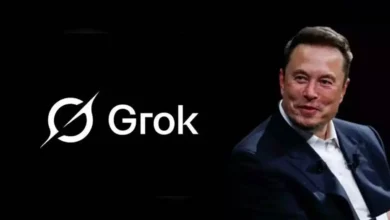Scottish oil and gas giant, The Wood Group has been sold to international engineering and design firm based in Dubai, Unite Arab Emirates, after playing a leading role in Aberdeen’s oil and gas era is being taken over. Shareholders of of company last Monday voted in favour a takeover by the Dubai-based private firm Sidara, with 88 percent of votes cast after months of delay, while Wood struggled to agree its accounts with its auditor.
Wood Plc’s value drastically dropped in recent years with a risk of collapse. An October 30 publication showed a pre-tax loss of more than £2billion and evidence that the auditor was still not satisfied with the figures going back several years. In recommending the offer to shareholders, the board of directors advised that any alternative attempt to refinance the company would result in a lower valuation or nothing at all for investors, as the firm is faced with humongous debt.
At its peak in 2013, Wood reached a market valuation of more than £5billion and employed more than 50,000 people in oilfields around the world. The company, however, formally known as the John Wood Group, will return to that branding under Sidara. Sir Ian Wood, who built up the family firm from its roots in fishing boat repair, retired as chairman 13 years ago, and then focussed on philanthropy in Africa and Scotland along with coordinating support for the wider Aberdeen energy economy and city centre. In 2017, his former company took over an American rival, AMEC Foster Wheeler, along with its large debt and legacy problems with legal disputes.
Wood sought to diversify, adding to the range of services it provided for oil and gas production, venturing into engineering of refineries, chemical plants, urban design and renewable energy. However, it suffered from contractual conditions that cost it dear. Last year, Sidara said it planned to bid £1.6 billion to take over the company but later backed down from the deal over uncertainty in global oil market. When the Dubai partnership returned earlier this year, it offered a small fraction of last year’s proposal, later cutting it still further to £216million. In addition, Sidara has said it will inject $450million (£342million) into Wood.




